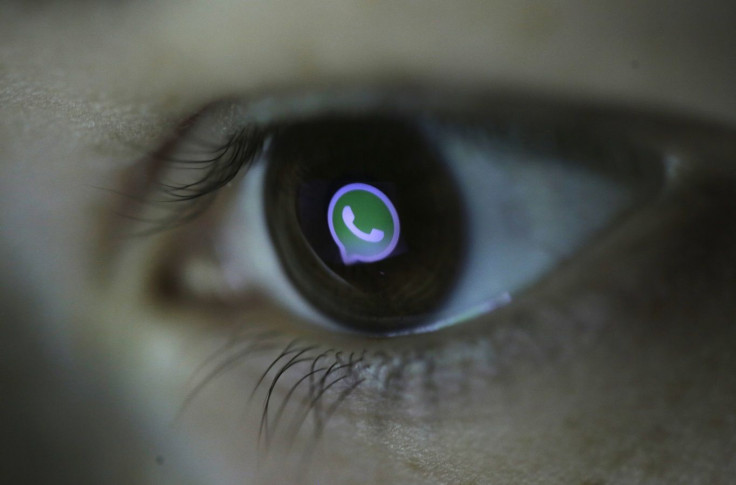UK’s Snoopers’ Charter To Ban WhatsApp, iMessage, Snapchat

WhatsApp is facing banning in the UK in the coming weeks. Prime Minister David Cameron is looking at a new legislation that could see the social media and online messaging services including Snapchat, Facebook Messenger and iMessage illegal in the country.
The Investigatory Powers Bill, or the so called Snoopers’ Charter, would allow security services like the Government Communications Headquarters, or GCHQ, and MI5, or Military Intelligence Section 5, to access instant messages sent between people to and from the country. In an aim to combat terrorism and other crimes, the legislation would give the government right to ban instant messaging apps that use end-to-end encryption.
Most popular messaging services scramble communications between their users, prohibiting third parties from reading what are being sent. This is problematic for the government, however, as it cannot read messages that are sent by criminals. The legislation aims to target the online communications of terrorists, paedophiles and other serious criminals in a bid to keep citizens safe.
The Snoopers’ Charter will also require Internet service providers, phone companies and tech companies to keep a record of all their users’ activities, which will be made available to the UK government and police. The full extent of the bill’s powers are still unclear.
MP Theresa May, who is also the appointed Home Secretary, hopes to pass the bill before the end of 2015. And if the bill is passed, WhatsApp, iMessage, Snapchat and other messaging service that “scramble” the messages sent between its users could be banned in the UK.
“In our country, do we want to allow a means of communication between people which we cannot read? My answer to that question is: ‘No, we must not,’” Mr Cameron said earlier this year following the Charlie Hebdo shooting in Paris.
Unsurprisingly, the bill has been besieged with negative feedbacks from the opposition, the ISPs, as well as the users. The Internet Services Providers’ Association, or ISPA UK, named May Internet Villain of the year at the 2015 ISPA Awards earlier this month for forging ahead with the bill “without fully consulting industry.” Former Deputy Prime Minister Nick Clegg, who previously blocked the bill in the 2012-2013 parliamentary session, called it “not harmless,” adding that invasion of a person’s privacy and invasion of a terrorist’s privacy are not the same thing.
Social media users also expressed their disbelief in the bill, with saying the Conservative government doesn’t understand how technology works. They are mostly concerned about the repercussions of giving technology firms and other parties access to their privacy.
The irony of the Conservatives proposed 'Snoopers Charter' is great, sensitive government info, Bank details etc. Would be accessible by all
— Danny O'Shaughnessy (@djosh444) July 11, 2015Big thumbs up to @Conservatives who don't understand the tech industry. Hope you didn't like having a tech sector. #snooperscharter
— Bumble (@Bumblanbee) July 11, 2015Contact the writer: a.lu@ibtimes.com.au





















